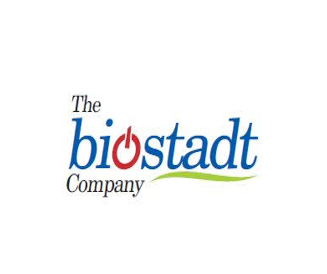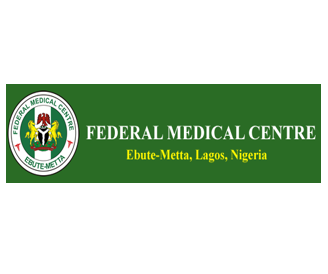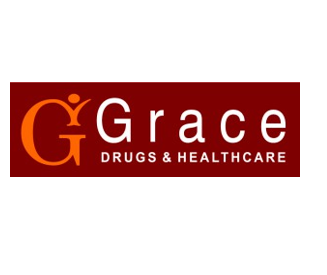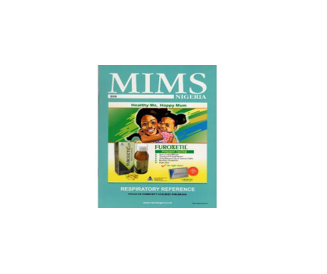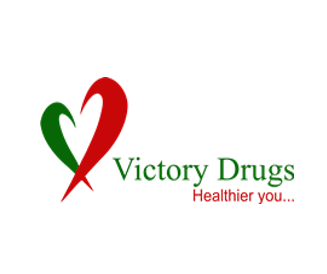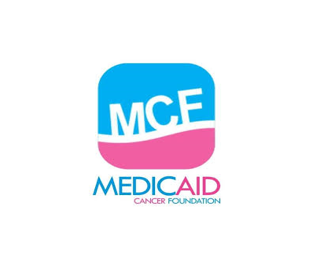![]()
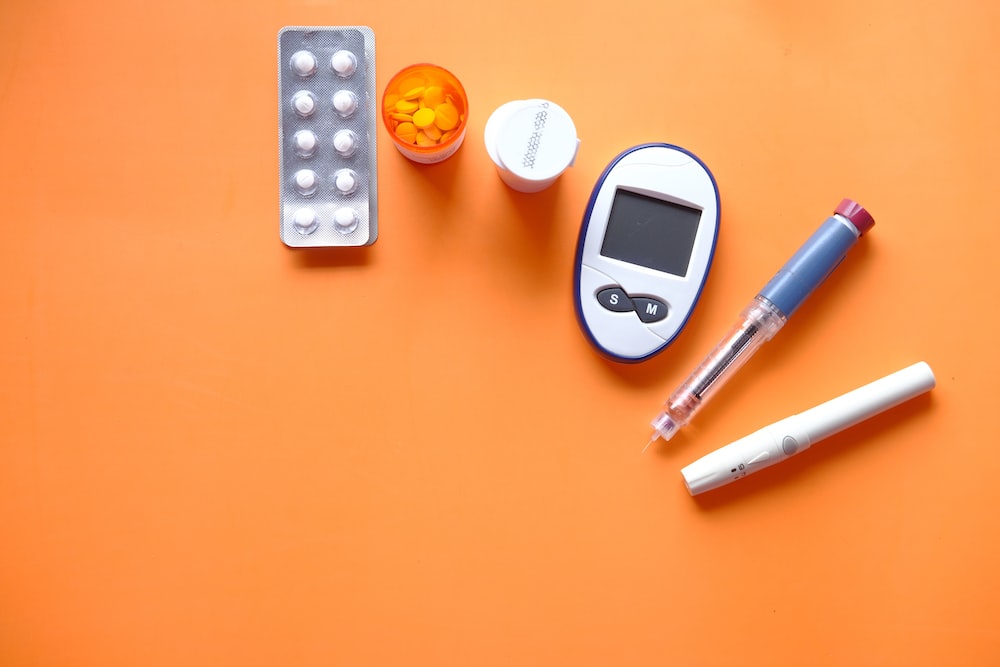
Diabetes is a chronic disease that occurs when the pancreas is no longer able to make insulin, or when the body cannot make good use of the insulin it produces. Insulin is a hormone made by the pancreas that acts like a key to let glucose from the food we eat pass from the bloodstream into the cells in the body to produce energy. All foods eaten are broken down into glucose in the blood which is used as a major source of energy. Not being able to produce insulin or use it effectively leads to raised glucose levels in the blood (known as hyperglycemia). Over the long-term high glucose levels are associated with damage to the body and failure of various organs and tissues.
Diabetes is a chronic disease that occurs when the pancreas is no longer able to make insulin, or when the body cannot make good use of the insulin it produces. Insulin is a hormone made by the pancreas that acts like a key to let glucose from the food we eat pass from the bloodstream into the cells in the body to produce energy. All foods eaten are broken down into glucose in the blood which is used as a major source of energy. Not being able to produce insulin or use it effectively leads to raised glucose levels in the blood (known as hyperglycemia). Over the long-term high glucose levels are associated with damage to the body and failure of various organs and tissues.
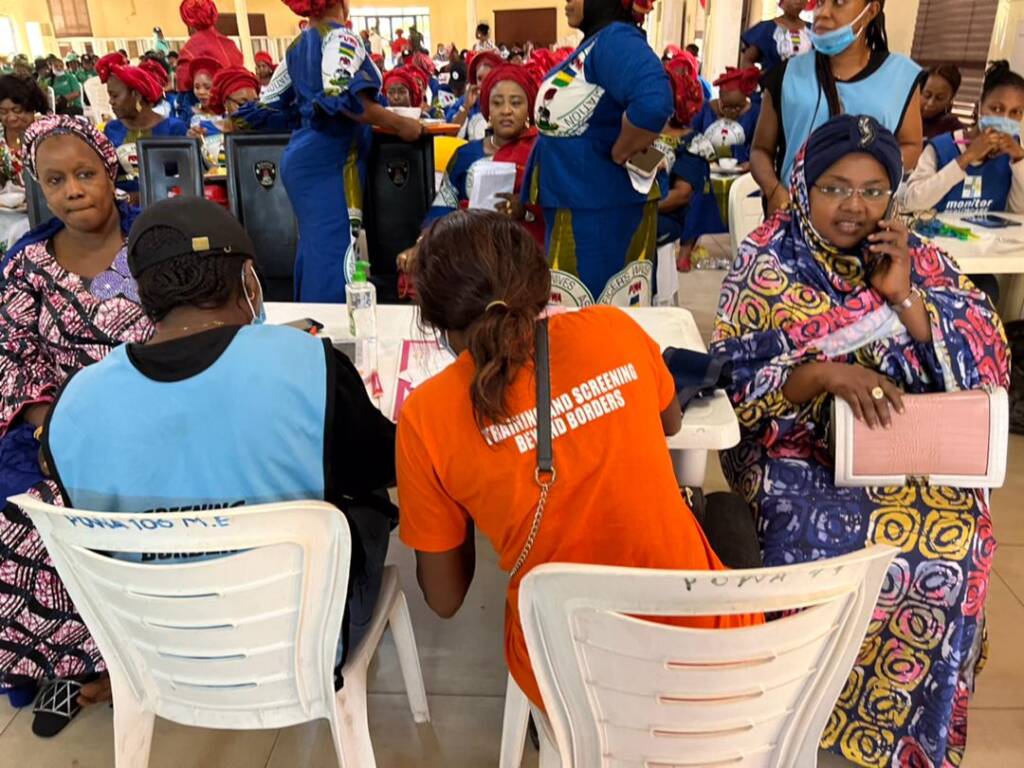

Our Partners

